Such was the devastation Maureen Forrest experienced when she first visited Kolkata (formerly Calcutta) in India, she thought she would never go back.
Now, 25 years later, the charity she founded, the Hope Foundation, has helped 2.9 million individuals who live in the city’s slums and she spends four months working there every year.
Clearly, her initial reaction was one of shock and disbelief.
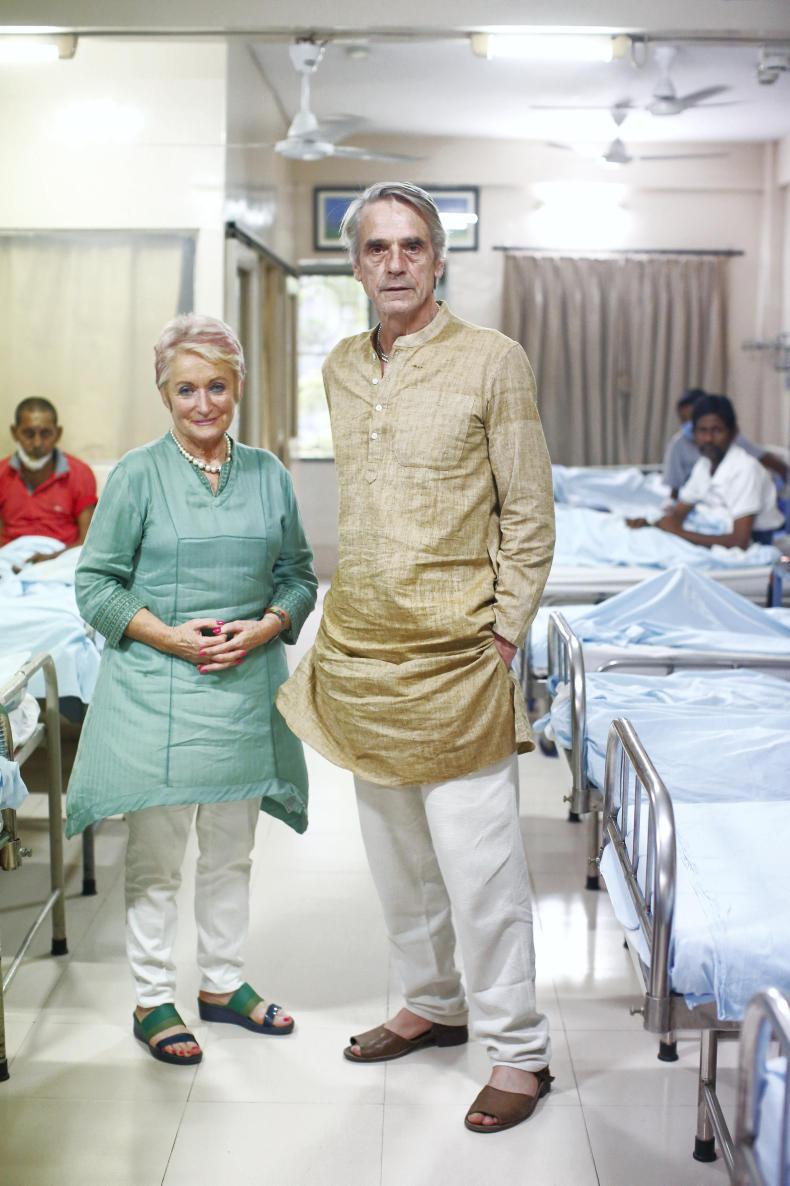
Maureen Forrest and actor Jeremy Irons.
“The plight of the children – I will never forget it – at that time. There were so many more street children, so much more poverty. It was not a nice place to be.
“I thought I would never go back after my first time, but it drew me back,” reflects Maureen.
“I think I was so overwhelmed by the amount of street children and the way they were living, how they were being treated, the amount of sexual abuse on the streets, it was horrendous. It was something you could never comprehend in our world.”
A passion ignited
From Cork, Maureen’s interest in humanitarian work was first sparked at school by an encounter with a nun from the Medical Missionaries of Mary.
“She spoke about her life working in Africa. I knew I didn’t want to become a nun, I had probably come across boys or something at that stage,” she laughs.
“I applied to the only organisation at the time doing that type of work. Obviously they wrote me a lovely letter saying to go off and get a bit of life experience first, get a qualification.
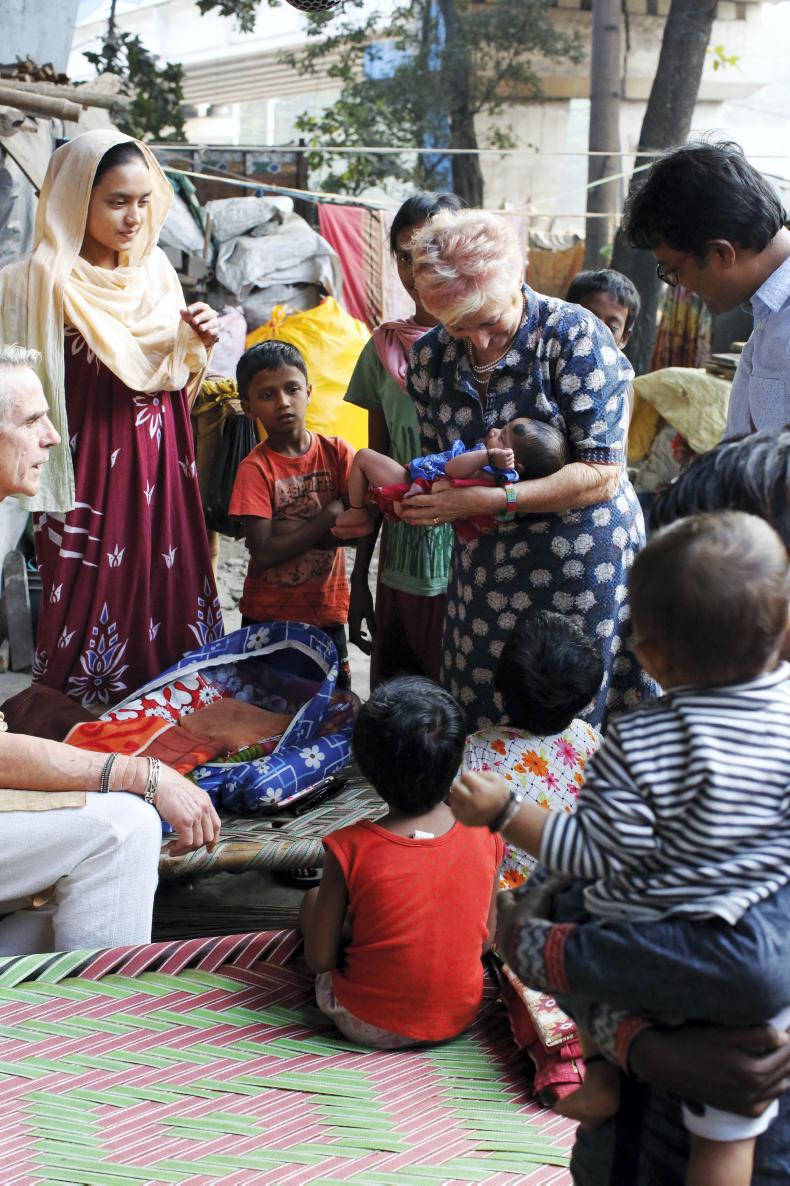
Maureen Forrest and actor Jeremy Irons visiting street children in Kolkata.
“Years later my sister, Ber, went to Ethiopia for 12 months. She was there during the famine of that time and I became her fundraiser.
“I decided it was something practical I could do, because I couldn’t volunteer, the kids were too young. I started then as a fundraiser with Goal and continued with them until we set up the Hope Foundation in Kolkata.
“I also volunteered in Somalia and Rwanda with Goal before I went to Kolkata with them.”
The first time Maureen travelled to Kolkata, setting up her own charity never entered her mind.
It wasn’t until she returned independently a second time with her daughter Louise, that she considered setting up a foundation to work with street children.
Upon returning to Ireland, her first port of call was to do what she knew best, fundraise. Looking back on 1999 when the Hope Foundation was founded, Maureen says she was blown away by people’s generosity.
Although the situation for street children in Kolkata has improved somewhat in the last 20 years, there are still very many people living in slums without basic sanitation and no education
The charity’s initial offering was protection and refuge for 20 girls in Kolkata who had been forced to survive on the streets alone.
At present, they run 11 different programmes; protection programmes, educational programmes, healthcare programmes and vocational training.
They started out with four staff on the ground in India, now they have 535 Indian staff. Maureen, as honorary director, doesn’t take an annual salary.
Although the situation for street children in Kolkata has improved somewhat in the last 20 years, there are still very many people living in slums without basic sanitation and no education.
It’s an amazing feeling, Maureen says, to see children transcending this.
“One of our girls, she got a scholarship from the American Consul to a college in the US for a year. She’s just back now doing her Master’s and she’s actually teaching in our projects.
“There are so many of them now that have gone on to do great things. It’s almost like watching your own kids develop and grow.”
Farming family
Although her humanitarian work has taken her all over the world, Maureen has been around farming in east Cork her whole life.
She is originally from a farm and her late husband Dick, who died last year, was a tillage farmer, a mantel taken up now by their sons Robin and Rickie. The Ploughing in Mogeely in 2005 was on their land.
Maureen jokes that she doesn’t think her family believed her when she first decided to set up the Hope Foundation, but they have all been very supportive of her work. Her sister Jenny has spent many years working full time in Kolkata with street children.
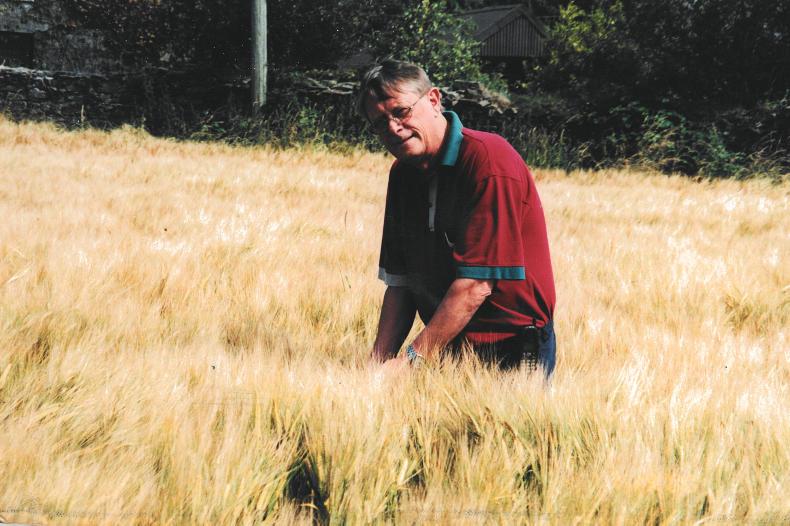
Dick Forrest.
“Dick only came to Kolkata once,” she says. “He just loved the land, loved the freedom of being a farmer. He hated the city. The only time you would find Dick in a city was for a football, hurling or rugby match.
“Over there, he found it overwhelming, because it’s back-to-back traffic, it’s noise, it’s people, it’s pollution, it’s so distant from our lives back on the farm.
“He just found it shocking, but I think he knew then what I was doing was pretty serious.”
Going forward, Maureen feels education will be the key to breaking the cycle of poverty in Kolkata.
“I remember free education being introduced to Ireland, education is going to break the cycle of poverty. Most of our children are first-time learners, so their parents are totally illiterate.”
Challenging as the situation is, things are moving in the right direction and after all, there’s always hope.
There are currently a quarter of a million children in Kolkata living rough or in slums. Gifts of Hope are sponsored necessities to support these children.
There are different categories from educational books and toys to a nurse’s salary for a month. Families living in rural villages outside Kolkata are also accounted for. These gifts start at €10 for chickens, up to a cow for €110.
For more information see
The Hope Foundation website.
Read more
Diary in the saddle: cycling from Australia to Ireland
Such was the devastation Maureen Forrest experienced when she first visited Kolkata (formerly Calcutta) in India, she thought she would never go back.
Now, 25 years later, the charity she founded, the Hope Foundation, has helped 2.9 million individuals who live in the city’s slums and she spends four months working there every year.
Clearly, her initial reaction was one of shock and disbelief.

Maureen Forrest and actor Jeremy Irons.
“The plight of the children – I will never forget it – at that time. There were so many more street children, so much more poverty. It was not a nice place to be.
“I thought I would never go back after my first time, but it drew me back,” reflects Maureen.
“I think I was so overwhelmed by the amount of street children and the way they were living, how they were being treated, the amount of sexual abuse on the streets, it was horrendous. It was something you could never comprehend in our world.”
A passion ignited
From Cork, Maureen’s interest in humanitarian work was first sparked at school by an encounter with a nun from the Medical Missionaries of Mary.
“She spoke about her life working in Africa. I knew I didn’t want to become a nun, I had probably come across boys or something at that stage,” she laughs.
“I applied to the only organisation at the time doing that type of work. Obviously they wrote me a lovely letter saying to go off and get a bit of life experience first, get a qualification.

Maureen Forrest and actor Jeremy Irons visiting street children in Kolkata.
“Years later my sister, Ber, went to Ethiopia for 12 months. She was there during the famine of that time and I became her fundraiser.
“I decided it was something practical I could do, because I couldn’t volunteer, the kids were too young. I started then as a fundraiser with Goal and continued with them until we set up the Hope Foundation in Kolkata.
“I also volunteered in Somalia and Rwanda with Goal before I went to Kolkata with them.”
The first time Maureen travelled to Kolkata, setting up her own charity never entered her mind.
It wasn’t until she returned independently a second time with her daughter Louise, that she considered setting up a foundation to work with street children.
Upon returning to Ireland, her first port of call was to do what she knew best, fundraise. Looking back on 1999 when the Hope Foundation was founded, Maureen says she was blown away by people’s generosity.
Although the situation for street children in Kolkata has improved somewhat in the last 20 years, there are still very many people living in slums without basic sanitation and no education
The charity’s initial offering was protection and refuge for 20 girls in Kolkata who had been forced to survive on the streets alone.
At present, they run 11 different programmes; protection programmes, educational programmes, healthcare programmes and vocational training.
They started out with four staff on the ground in India, now they have 535 Indian staff. Maureen, as honorary director, doesn’t take an annual salary.
Although the situation for street children in Kolkata has improved somewhat in the last 20 years, there are still very many people living in slums without basic sanitation and no education.
It’s an amazing feeling, Maureen says, to see children transcending this.
“One of our girls, she got a scholarship from the American Consul to a college in the US for a year. She’s just back now doing her Master’s and she’s actually teaching in our projects.
“There are so many of them now that have gone on to do great things. It’s almost like watching your own kids develop and grow.”
Farming family
Although her humanitarian work has taken her all over the world, Maureen has been around farming in east Cork her whole life.
She is originally from a farm and her late husband Dick, who died last year, was a tillage farmer, a mantel taken up now by their sons Robin and Rickie. The Ploughing in Mogeely in 2005 was on their land.
Maureen jokes that she doesn’t think her family believed her when she first decided to set up the Hope Foundation, but they have all been very supportive of her work. Her sister Jenny has spent many years working full time in Kolkata with street children.

Dick Forrest.
“Dick only came to Kolkata once,” she says. “He just loved the land, loved the freedom of being a farmer. He hated the city. The only time you would find Dick in a city was for a football, hurling or rugby match.
“Over there, he found it overwhelming, because it’s back-to-back traffic, it’s noise, it’s people, it’s pollution, it’s so distant from our lives back on the farm.
“He just found it shocking, but I think he knew then what I was doing was pretty serious.”
Going forward, Maureen feels education will be the key to breaking the cycle of poverty in Kolkata.
“I remember free education being introduced to Ireland, education is going to break the cycle of poverty. Most of our children are first-time learners, so their parents are totally illiterate.”
Challenging as the situation is, things are moving in the right direction and after all, there’s always hope.
There are currently a quarter of a million children in Kolkata living rough or in slums. Gifts of Hope are sponsored necessities to support these children.
There are different categories from educational books and toys to a nurse’s salary for a month. Families living in rural villages outside Kolkata are also accounted for. These gifts start at €10 for chickens, up to a cow for €110.
For more information see
The Hope Foundation website.
Read more
Diary in the saddle: cycling from Australia to Ireland







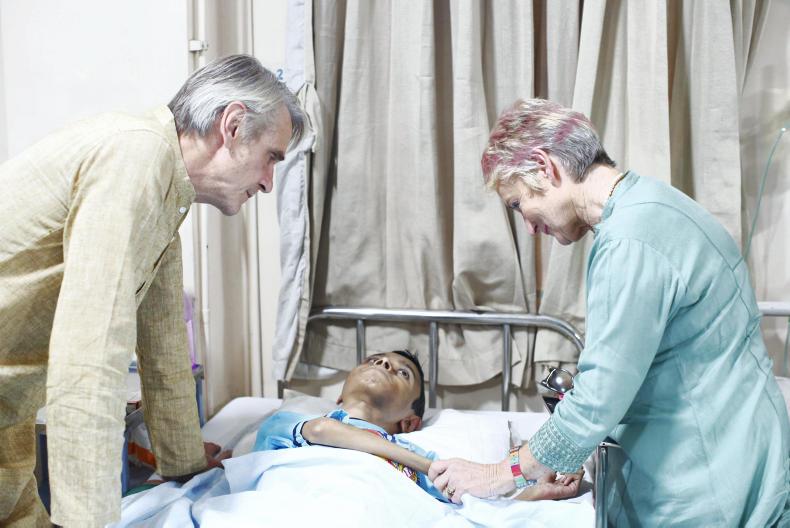

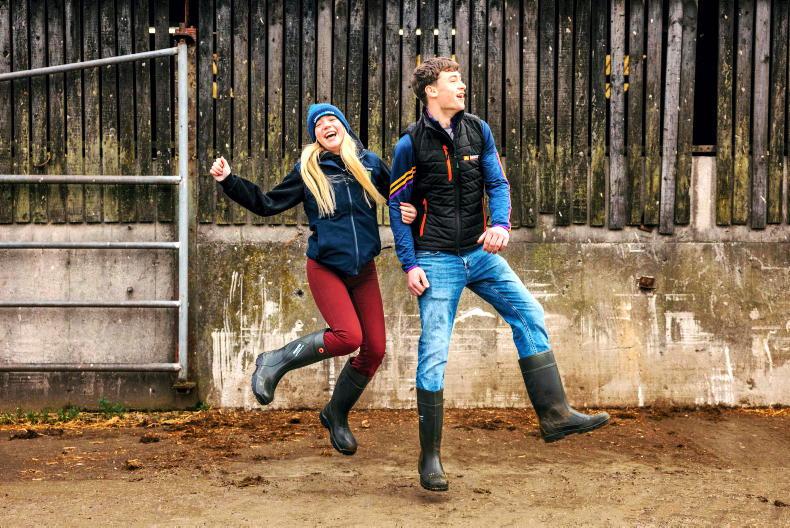
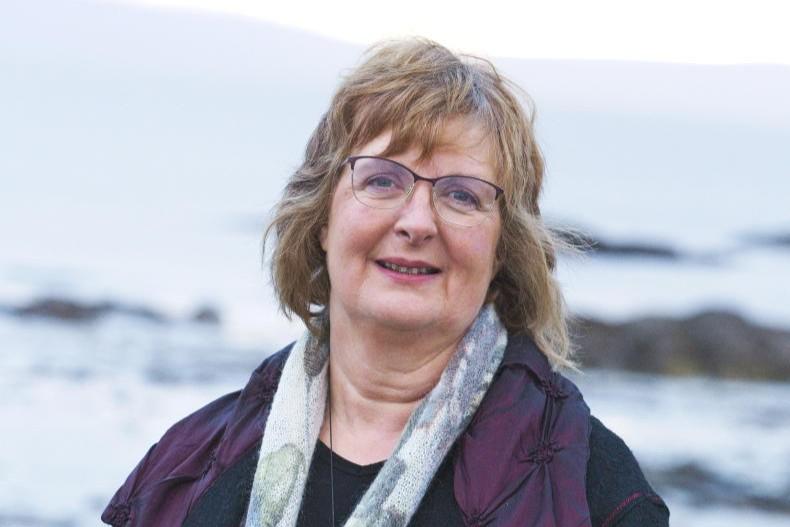
SHARING OPTIONS